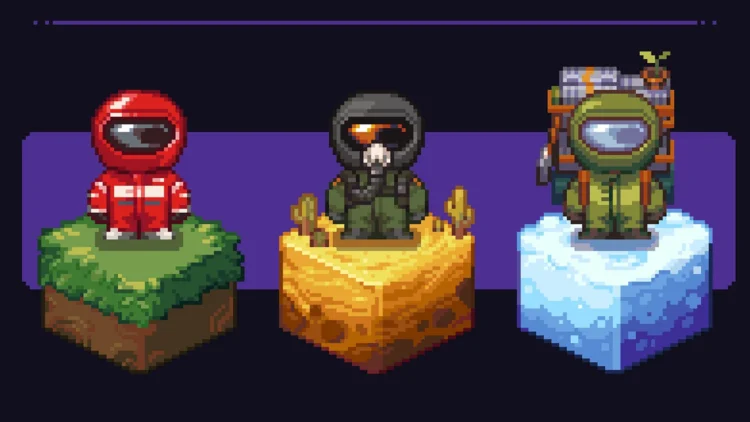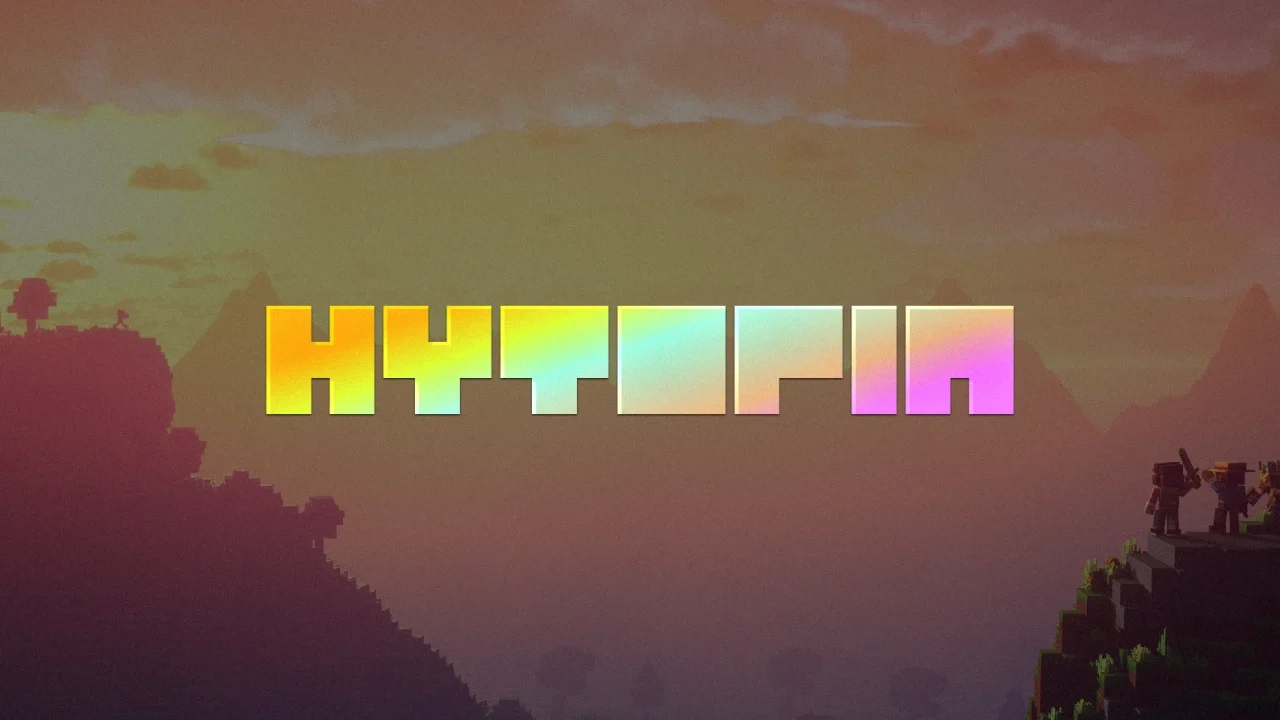Quick Take
- Block Stranding processed 120K on-chain transactions in 20 minutes using AI agents on Solana
- MagicBlock engine and SendAI tools enabled real-time gameplay without centralized servers
- Full game logic runs on-chain, pushing toward modular, upgradeable Web3 infrastructure
Block Stranding, a pixel-art multiplayer RPG being built on Solana, just completed its first large-scale AI stress test. The trial featured hundreds of autonomous agents simulating player behavior inside a live environment, all while processing 120,000 on-chain transactions in 20 minutes.
The test leaned on infrastructure from MagicBlock and SendAI to handle real-time actions without centralized servers. Using the Solana Agent Kit, each AI unit functioned like a player navigating, interacting, and initiating transactions directly on-chain. According to the team, throughput remained stable at over 100 TPS throughout the test window.
This approach pushes beyond standard Web3 games that limit blockchain use to asset ownership or token rewards. In Block Stranding, the actual game logic including movement, decision-making, and state tracking lives entirely on-chain. No traditional backend, no off-chain simulation.
That framework allowed for biome-based class behavior, with test characters traversing icy terrain, deserts, and forest zones. While visually minimalist, the setup introduces an architecture that supports decentralized game loops, persistent logic, and extensibility for new features like crafting or combat without rewriting core infrastructure.
The test was not about visuals, but scale. Retro design and simple presentation helped highlight performance, letting the network, not the graphics, do the heavy lifting. It also underscores how pixel-level games may be ideal candidates for full on-chain execution due to reduced client load and easier cross-device performance.
Block Stranding’s team says more public and private testing phases are planned throughout 2025. As blockchain-native games explore fully decentralized architectures, this early result hints at a growing push to rethink not just how games are owned, but how they operate.





